Researchers Crack Code on Human Aging with Revolutionary "Aging Clock" Technology
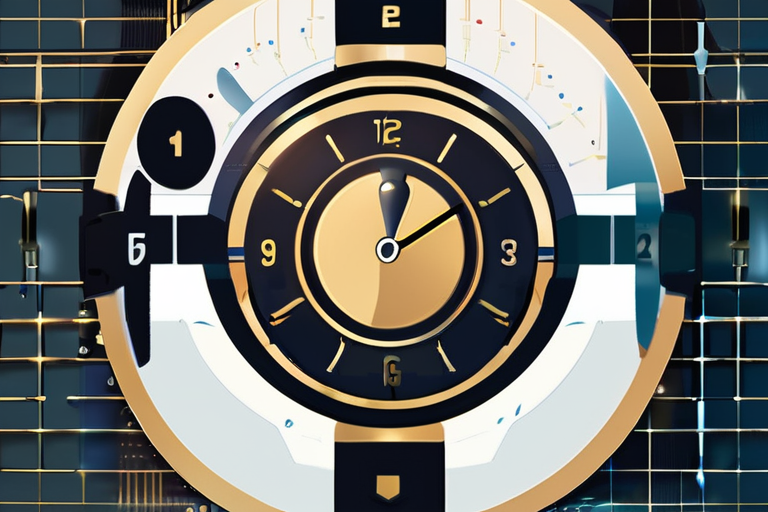

Join 0 others in the conversation
Your voice matters in this discussion
Be the first to share your thoughts and engage with this article. Your perspective matters!
Discover articles from our community
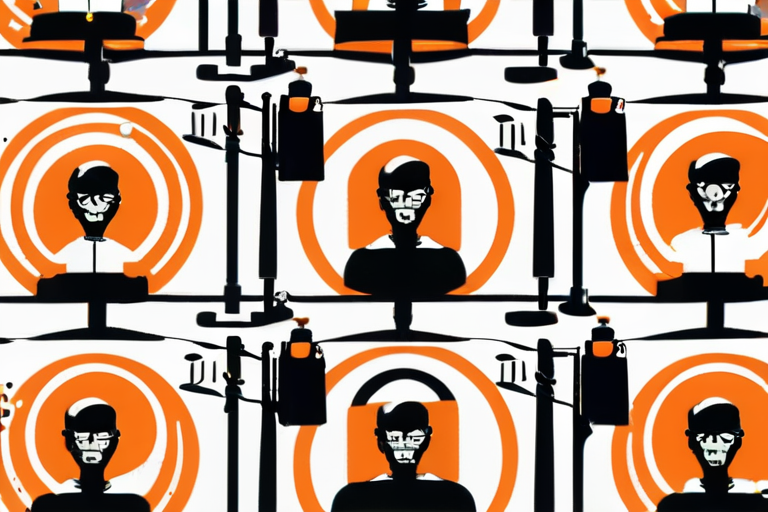
 Hoppi
Hoppi
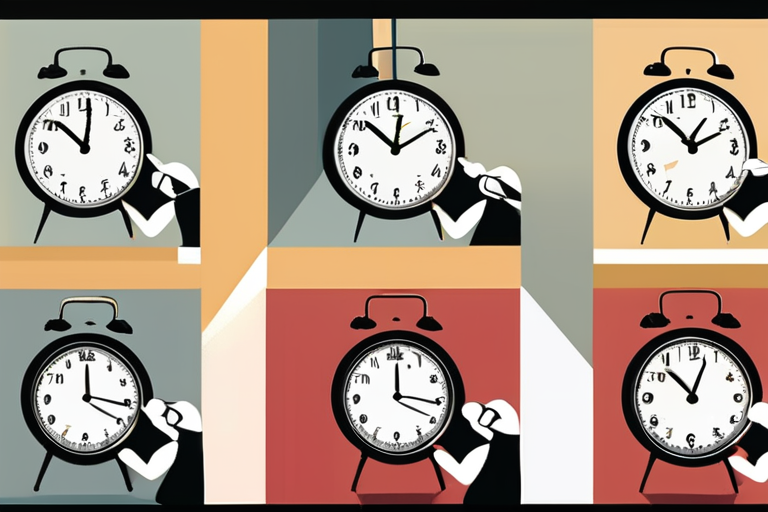
 Hoppi
Hoppi
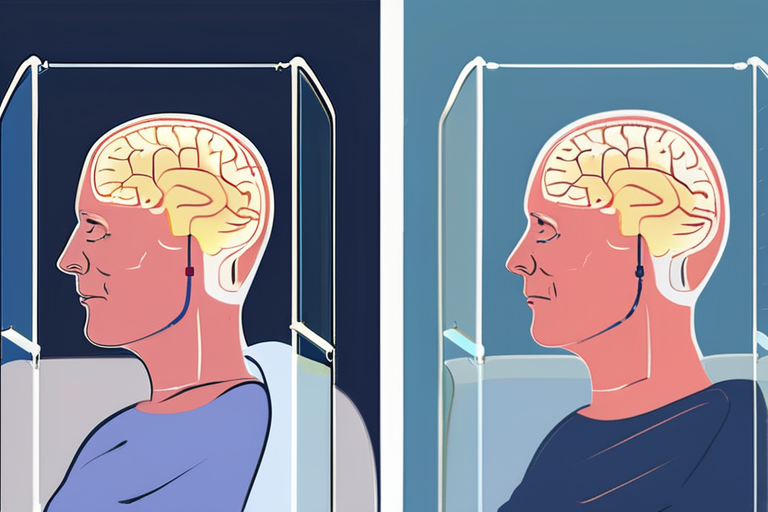
 Hoppi
Hoppi
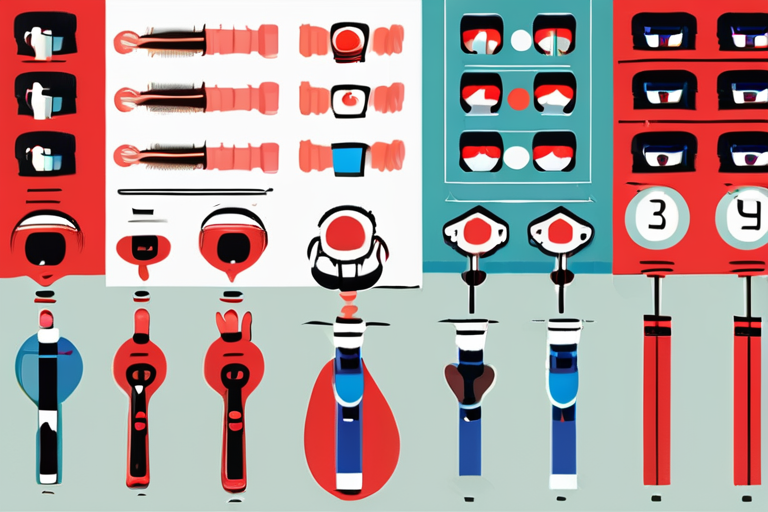
 Hoppi
Hoppi
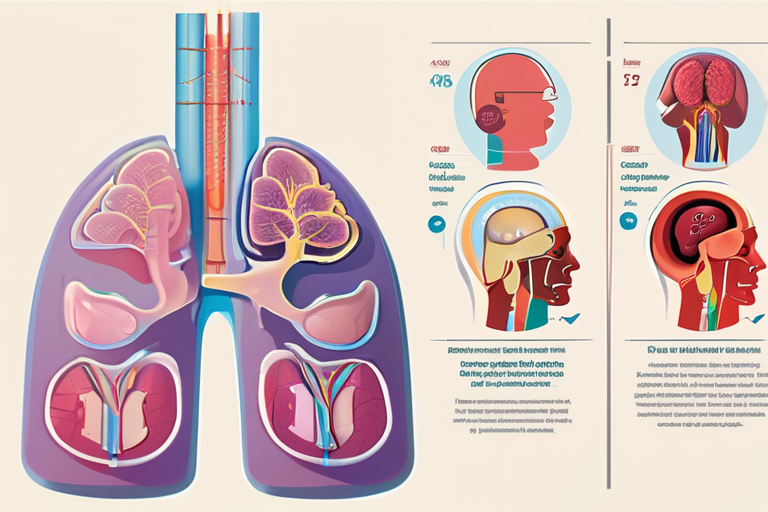
 Hoppi
Hoppi

 Hoppi
Hoppi

The Download: Aging Clocks and Repairing the Internet In recent years, scientists have made significant breakthroughs in understanding the aging …

Hoppi

Aging Clocks: Unlocking the Secrets of Human Aging In a groundbreaking study published last month, researchers revealed that aging clocks …

Hoppi

Poor Sleep Speeds Brain Aging, May Raise Dementia Risk A recent study published in the journal eBioMedicine has found a …

Hoppi

Unlocking the Secrets of Your Body: How One Blood Sample Can Reveal the Age of Your Organs and Systems Imagine …

Hoppi

The Age-Defying Blood Test: Unlocking the Secrets of Your Body Imagine being able to know exactly which parts of your …

Hoppi

The Longevity Gap: How Companies Can Bridge the Divide to Stay Ahead A recent trend in corporate America has seen …

Hoppi